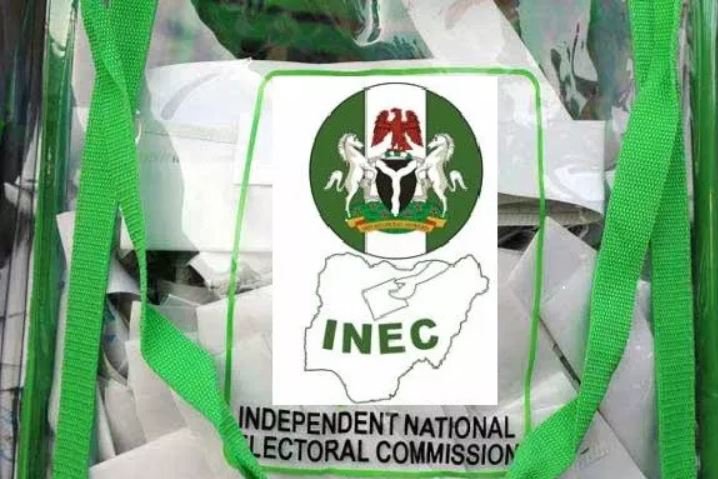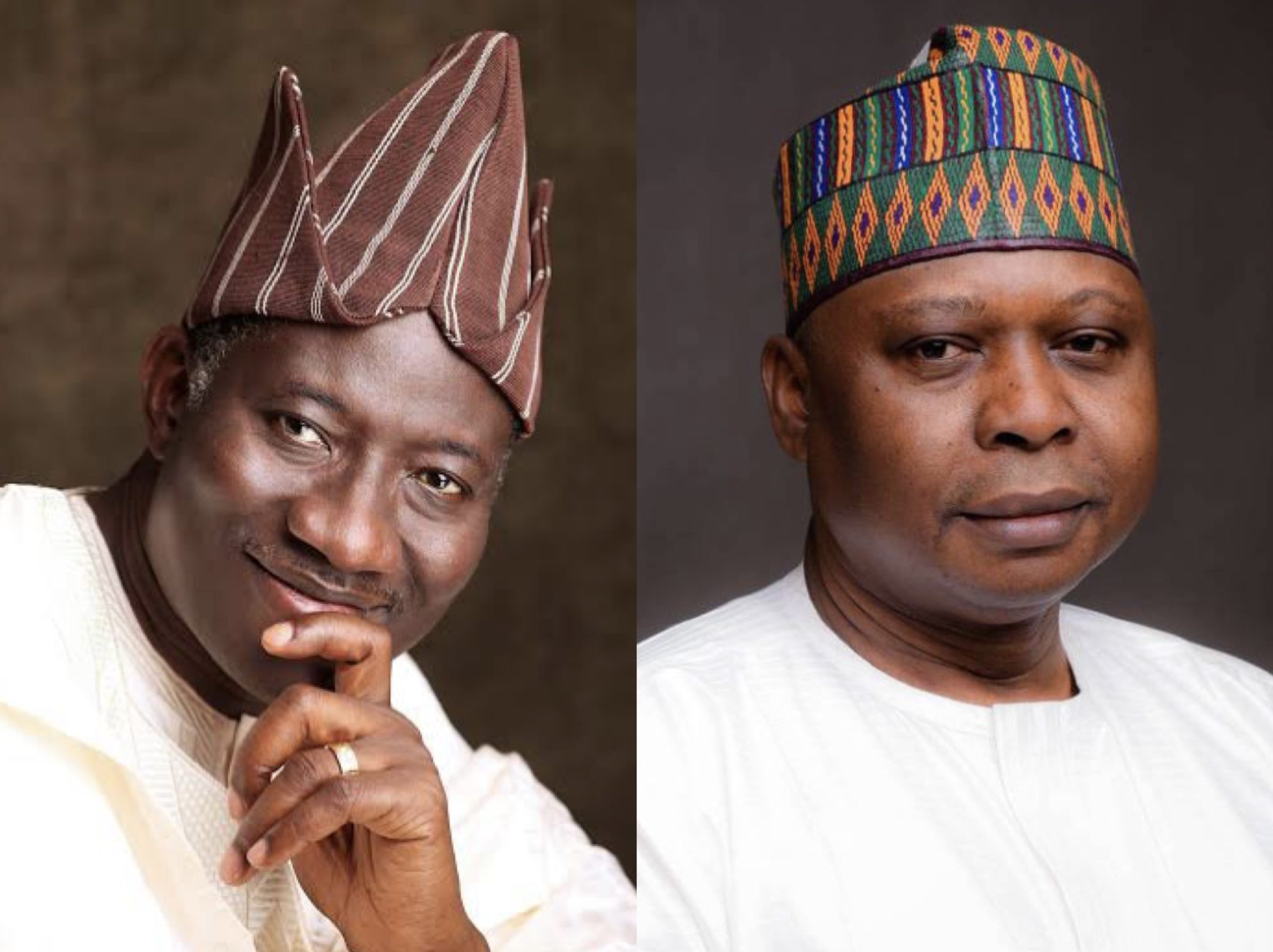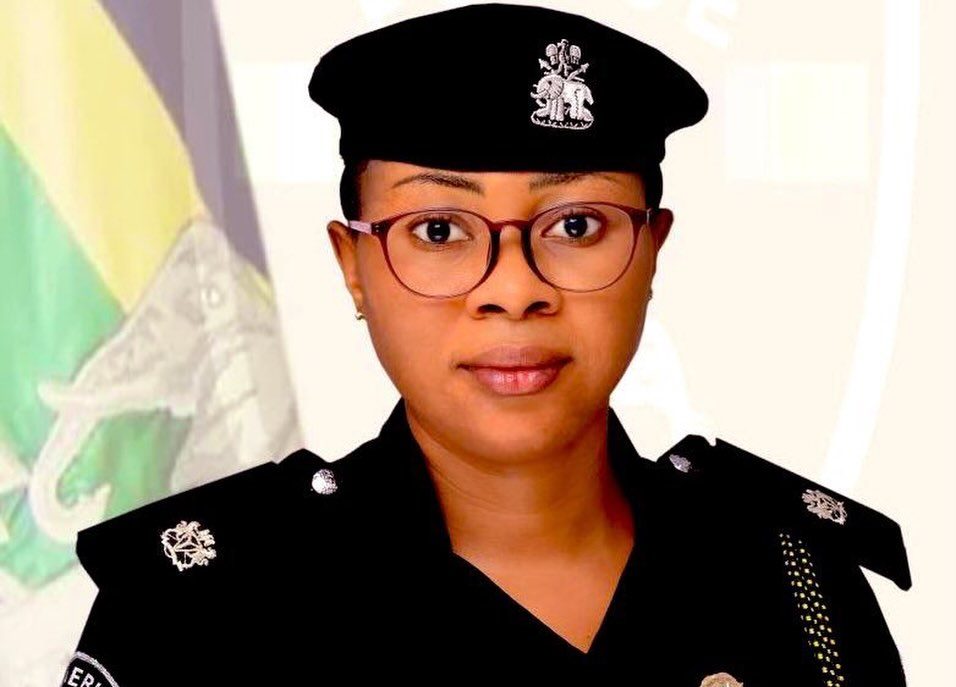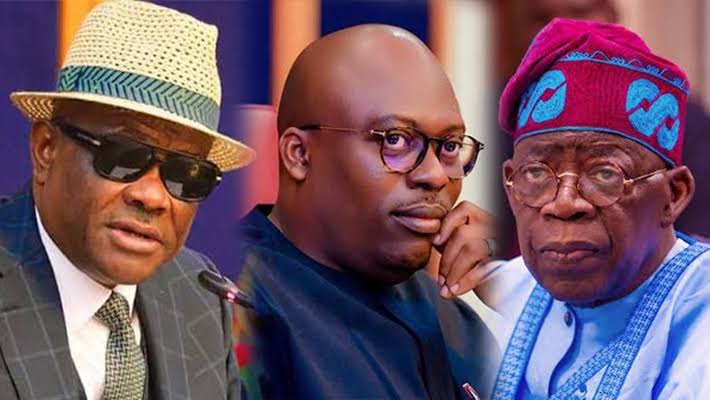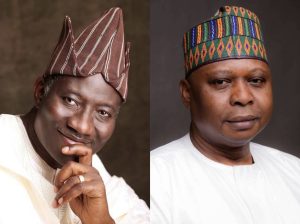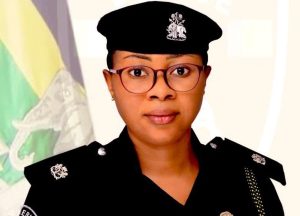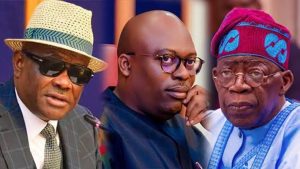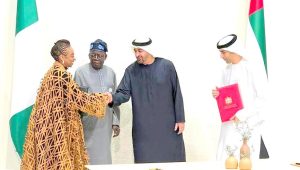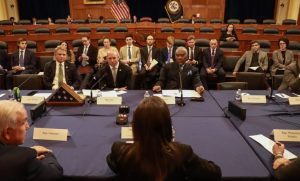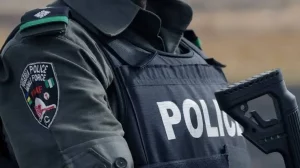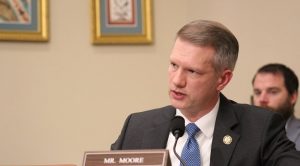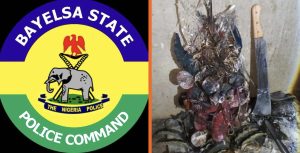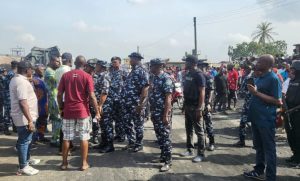2023: Concerns as more than 3 million students might lose their voting rights
There are several concerns about the Independent National Electoral Commission (INEC) with only 30 days till Nigeria’s presidential election, the first significant election in the globe in 2023.
These include issues with picking up voter identification cards, allegations of extortion by INEC employees, and reports that non-indigenous people in some States are not given voter identification cards.
According to PULSENETS, there are concerns that up to 3.2 million Nigerian students who were at home throughout the continuous voter registration operation could not be allowed to vote in the 2023 general elections as the deadline for collecting Permanent Voters Cards, or PVCs, approaches on January 29.
The outcome is a result of the eight-month-long prolonged industrial action that the Academic Staff Union of Universities, or ASUU, members began for the majority of 2022.
Recall that on February 14, 2022, ASUU announced a strike in protest of the Federal government’s callous treatment of the requests and predicament of lecturers.
ASUU President Prof. Emmanuel Osodeke stated that “the government’s reaction to the union’s requests had not been appropriately handled” while announcing the labour strike.
The Speaker of the House of Representatives, Femi Gbajabiamila, intervened and convinced ASUU to end the strike after eight months, in October 2022.
Following the failure of all discussions, Gbajabiamila reportedly interfered in the conflict to mediate a settlement between the Federal government and ASUU, according to PULSENETS.
The country-wide Continuous Voter Registration, or CVR, activity was in progress throughout the time between the strike.
It started in June 2021 and peaked while many pupils were home from school.
To allow the electoral authority to clean up the record and delete duplicate registrants using the Automated Biometric Identification System, or ABIS, the INEC declared the completion of the voter registration procedure on July 31, 2022.
Mahmood Yakubu, the chairman of INEC, said during the commission’s third quarterly meeting with political parties in Abuja in 2022 that there were 9,518,188 freshly registered voters nationwide. He also noted that the general elections in 2023 will be held for young people.
“In terms of demographic distribution, 7.2 million new voters or 76.5 per cent, are young people between 18-34 years, while there is a slightly higher number of females (4.8 million or 50.82 per cent) than males (4.6 million or 49.18 per cent) voters. In terms of occupation, 3.8 million (40.8 per cent) are students,” Yakubu said.
The commission published the schedule for collecting PVCs from those who registered after the voter register cleaning, as was to be expected. It stated that PVC collection would begin on December 12, 2022, and that it would likely last until January 22, 2023.
However, the INEC extended the deadline for the collection of PVCs by seven days in response to overwhelming concerns from several regions of the nation.
Festus Okoye, the INEC Commissioner for Voter Education, who made the announcement of the extended PVC collecting deadline, said the activity will now finish on January 29 rather than January 22, as it had been originally planned.
“The commission is determined to ensure that registered voters have ample opportunity to collect their PVCs ahead of the forthcoming election.
“For this reason, the timeframe for the collection of PVCs is extended by eight days. Instead of ending on January 22, 2023, the collection of PVCs will continue until January 29, 2023. At the moment, the period of collection is 9 a.m. – 3 p.m. daily (including Saturdays and Sundays),” Okoye said.
However, certain stakeholders, including political parties, are not happy with the one-week extension and have expressed worry over Nigerian students who registered at their different home locations during the ASUU strike but are now unable to obtain their PVCs.
One of these stakeholders, Dr. Sam Amadi, a prominent academic and the director of the Abuja School of Social and Political Thoughts, thought it was essential to let students leave class and go home to pick up their PVCs.
Amadi talked with PULSENETS on Tuesday after a press conference held in Abuja by the School of Social and Political Thoughts.
He pointed out that the number of youths (18-35) was 37,060,399, or 40% of the total number of 93,469,008 eligible voters reported by the INEC.
“Some stakeholders, including political parties, had raised concerns about the process before the extension was granted. They complain about the slow pace of work. Others complain of obstruction of INEC officials or inadequate arrangement for a more grassroots collection. There are concerns about students who have returned to school but registered at home while schools were closed due to prolonged strikes. The question is whether it is reasonable to expect these students to leave school, go back home and collect their PVCs within the period allocated by INEC for PVC collection,” Amadi questioned.
He continued by saying that many registered voters had yet to pick up their voter cards as a result of INEC employees acting improperly by conspiring with politicians to deny some registered voters their PVCs and frequently as a result of avoidable operational hiccups.
Students at the University of Abuja regrettably told PULSENETS that the strike had prevented them from voting in the upcoming elections.
They criticised the management of the higher school for their unwillingness to take into account a break for students to pick up their PVCs, which was a crucial need for taking part in the election.
“From the look of things, we students are helpless. Many of us live in homes far from the Federal Capital Territory, FCT, and we can’t force ourselves home to collect our PVCs. It is left for the university management to decide if we are to have a break or not,” Kephas, a 400-level student of Political Science from Kaduna State lamented.
Edozie, an Abia State indigene studying English, said, “I just wish I could travel and pick up my PVC, but as it stands, I can’t help it. It is quite unfortunate that the youths have become a scapegoat for Nigerian leaders.”
PULSENETS also attempted to get in touch with the university’s public relations representative to find out if the administration had made plans to provide students a break time, but it was unsuccessful.
Dr. Chidiebere Nwachukwu, a communication expert from the University of Nigeria, Nsukka, also spoke to the PULSENETS and advocated for providing youngsters with the necessary assistance so they may actively engage in the democratic process.
“I do think that adequate provisions should be made for the students to go and collect their PVCs since we want to make this election as inclusive as possible. This is the only way the youths who are driving the process can have every avenue to participate actively in electing the next leaders.
“There is no way we can be talking about democracy if we do not have the input mechanism for making sure that those who should participate are given the opportunity to participate actively in the democratic process,” he said.
